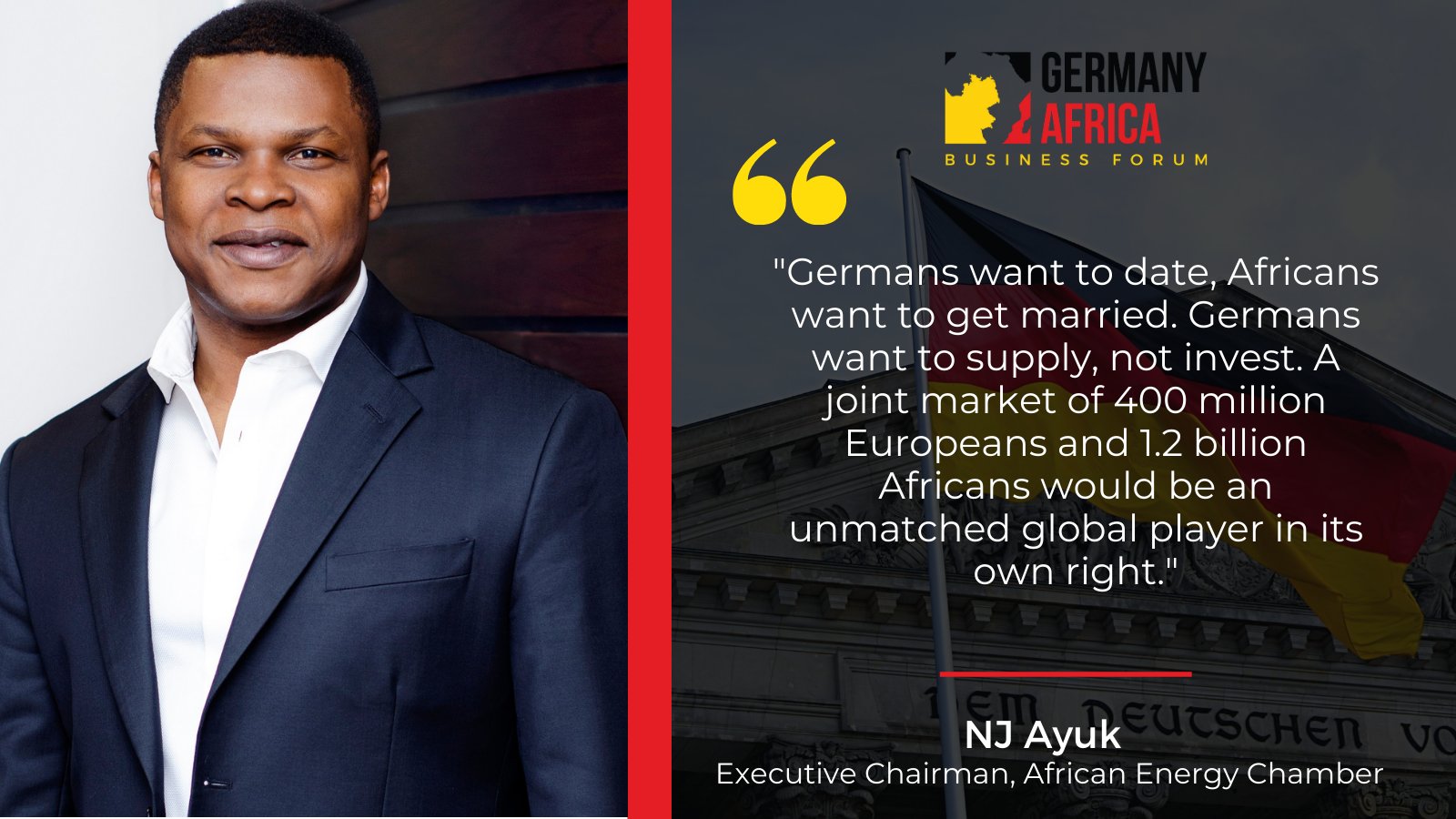The African Export-Import Bank (Afreximbank) has announced plans to sign a Memorandum of Understanding with German car manufacturers such as Volkswagen to establish an automotive industry in Africa.
The announcement was made at the Germany-Africa Business Forum (GABF) webinar on Wednesday.
Afreximbank will imminently announce the signature of a Memorandum of Understanding with German automotive manufacturers, such as Volkswagen, intended to create an African-driven automobile manufacturing strategy.
“We are looking to create a holistic approach to automotive manufacturing,” said Rene Awambeng, Global Head Client Relationship at the African Export-Import Bank (Afreximbank). “Our goal is to build an entire value chain, with the support of Germany and Europe, in order to be able to design, build and market cars across Africa.” (CONTINUES AFTER THE PHOTO)

H.E. Günter Nooke, Africa Envoy to German Chancellor Angela Merkel who delivered the opening keynote outlined four key success factors in driving Africa’s economic development: investment and business climate, transport, energy and technological infrastructure, available workforce, and access to markets. (CONTINUES AFTER THE PHOTO)

Africa contains a young, tech-savvy population translating to smooth technological adoption and enhanced opportunities for both consumers and businesses, H.E. Nooke said.
NJ Ayuk, Executive Chairman of the African Energy Chamber called for a change in the perception of risk associated with investing in Africa.
“We need to create an enabling environment for banks, financial institutions and investors to perceive Africa as a safe and profitable destination,” said Ayuk. “Rwanda paved the way and we have seen outstanding results. We have an obligation to make the change.”
Ayuk also appealed to Europeans nations, such as Germany, to focus on investment rather than aid. Investment enables the creation of synergies and partnerships and places project leaders in a position of accountability. While aid is welcome in periods of crisis, noted Ayuk, it must not be the standard for sustainable, long-term business. (CONTINUES AFTER THE PHOTO)

Germany is currently active in a range of investments across the continent. The European leader played a major role in securing a $300 million facility from the United Nations Economic Commission for Africa. The funds are aimed at creating jobs, reviving economies in a post-COVID-19 environment, and encouraging investment reforms to boost FDI.
The German-African cooperation-focused webinar series are aimed at outlining the opportunities for sustainable FDI between Germany and the African continent.
The event was co-hosted by the Africa Oil & Power and the African Energy Chamber as part of a GABF cooperation-focused series.
